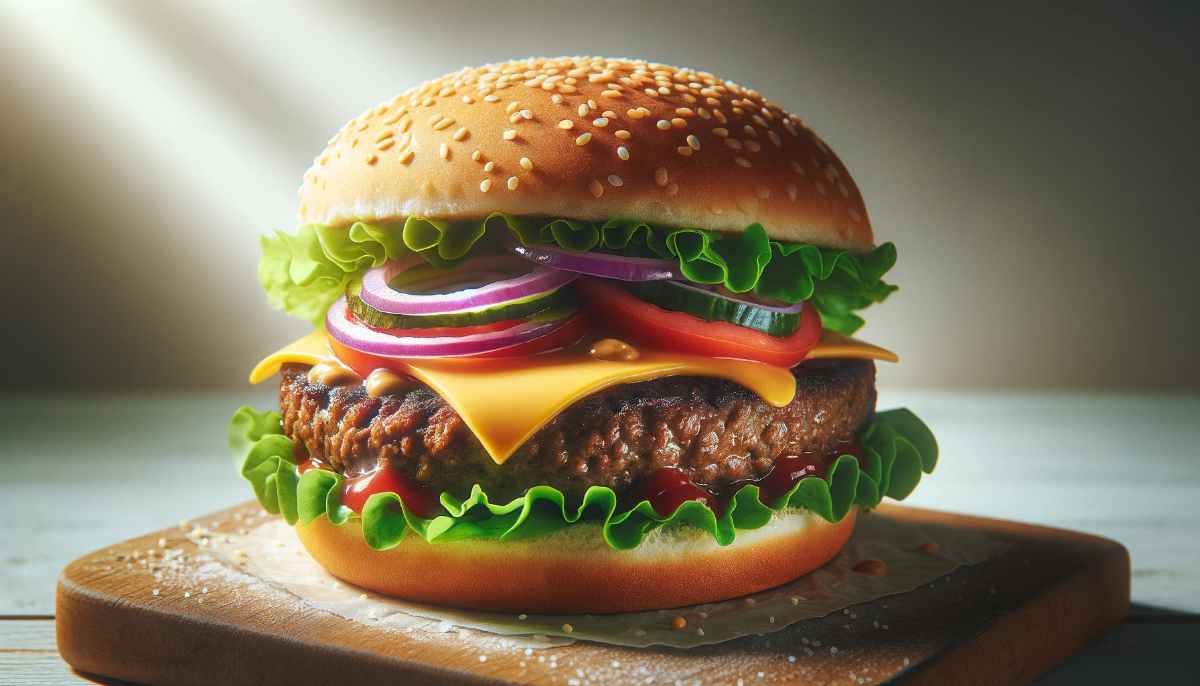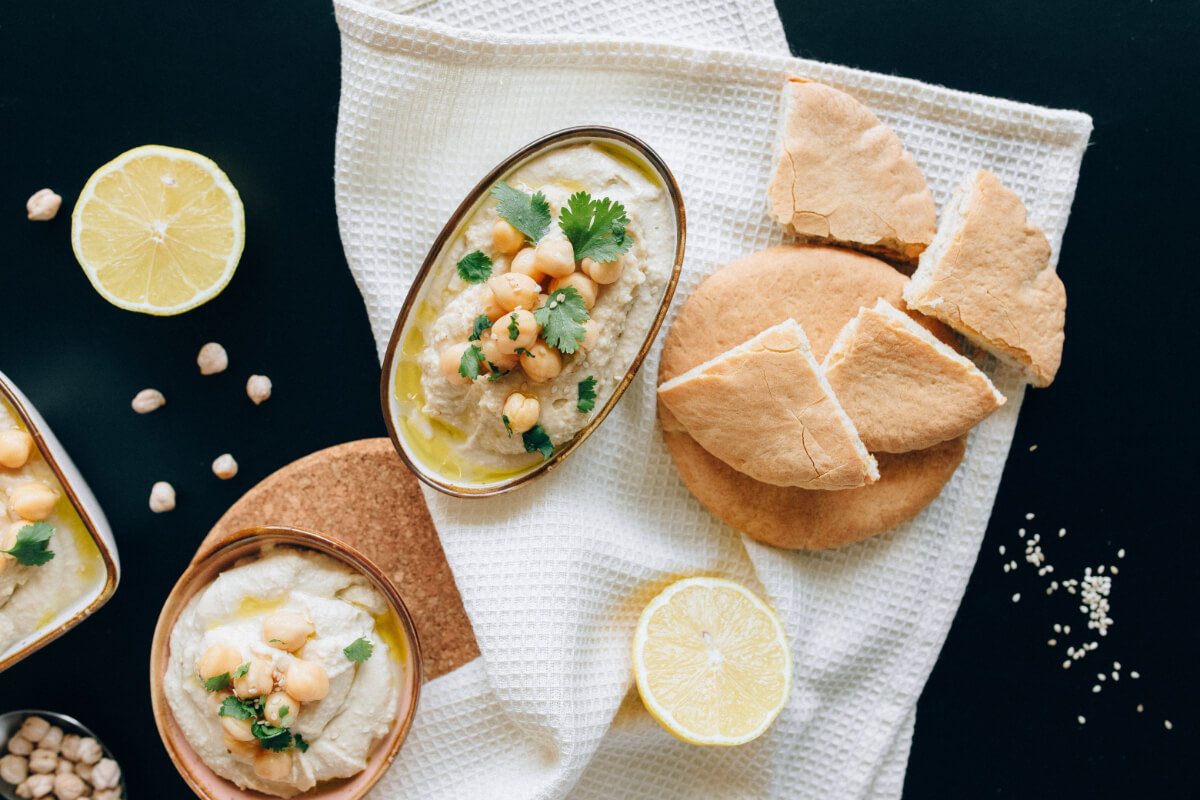In a groundbreaking study that challenges long-held beliefs about our eating habits, researchers at the University of Bristol have discovered that ultra-processed foods (UPFs) are not inherently more appealing than their less-processed counterparts.
This revelation, led by Professor Peter Rogers, offers a new perspective on the factors that drive our food preferences and consumption patterns.
The Study: A Deep Dive Into Food Preferences
The study, engaging 224 volunteers (all adults), utilized color images of a range of familiar foods, varying in calorie content, processing level, and carbohydrate-to-fat ratios.
These foods included everyday items like avocados, cashew nuts, grapes, and king prawns, as well as ultra-processed foods such as pepperoni sausages, crispbread, blueberry muffins, and ice cream.
Participants were asked to evaluate these foods based on taste pleasantness, desire to eat, and perceived saltiness/sweetness. The findings, published in the international research journal Appetite, revealed a surprising truth: on average, ultra-processed foods were no more desired or liked than processed or unprocessed foods. This contradicts the common assumption that UPFs are ‘hyper-palatable’ and, therefore, more desirable.
Key Findings: Beyond Processing
The study highlighted that taste intensity, particularly in terms of saltiness and sweetness, was a significant factor in how much a food was liked or desired.
Interestingly, ultra-processing did not reliably predict a food’s palatability. Instead, factors like the ratio of carbohydrates to fat, taste intensity, and fiber content played a more substantial role, accounting for more than half of the variability in food preferences among the tested items.
Professor Rogers suggests that humans may naturally gravitate towards foods with balanced fat and carbohydrate content and lower fiber levels, as these are less filling per calorie, thus valuing calorie density over satiety.
The Global Context: UPFs and Health Concerns
The study gains importance in the context of rising UPF consumption worldwide, particularly in countries like the UK and the US, where UPFs constitute over half of the average person’s diet.
Previous research has linked UPFs to various health issues, including excess weight gain, an increased risk of cancer, and heart disease. However, it’s crucial to note that not all UPFs are detrimental to health; some, like certain cereals and bread, can be beneficial.
Implications and Future Directions
This research opens new avenues for understanding our dietary choices and the complex interplay of factors influencing them. It suggests that the appeal of UPFs may not be as straightforward as previously thought, and factors like taste intensity and macronutrient balance are crucial in determining food preferences.
As we continue to grapple with global health challenges related to diet, such insights are invaluable. They not only inform public health strategies and nutritional guidelines but also challenge food manufacturers to reconsider the composition of UPFs.
The study highlights the necessity of adopting a more refined strategy for dietary recommendations, one that surpasses the simplistic categorization based on their processing level.
Conclusion
The University of Bristol’s study offers a fresh perspective on our relationship with food, particularly ultra-processed varieties. It encourages us to look deeper into the reasons behind our food choices, paving the way for more informed and health-conscious decisions in our daily lives.




